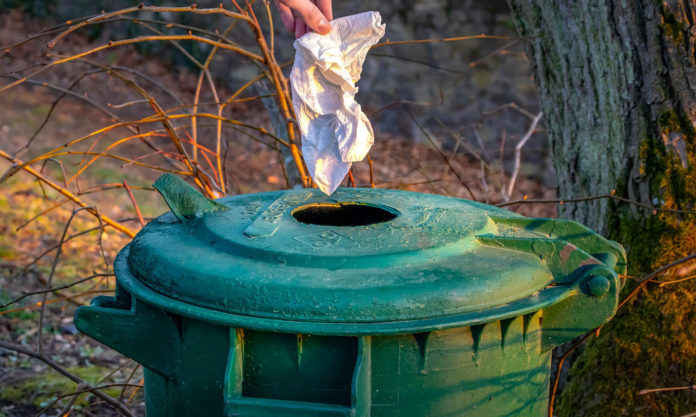The end of another year is a good time to take stock of life and clear out what isn’t working for you, whether that’s habits, clutter, or book projects. In a new post, Mary Carroll Moore offers advice on the difficult task of giving up on a novel. “It’s simpler for writers working on short projects—essays, stories, articles, blog posts–to consider setting aside or trashing what they’ve done so far,” she says. “Much more agonizing for writers working on books. All that effort, time, tears just wasted?”
Giving up is hard, but not if you accept that even failed projects have taught you something about writing. Moore calls these “practice projects,” an idea that is more accepted in art circles. “For some reason, painters are quite accepting of the idea of practice projects,” Moore says. “Working and reworking a painting for months, even years, is not uncommon. But there is an acknowledged point when the painting is not coming together and needs to be set aside.”
Moore shares a concept about dividing up your work in buckets:
- The Dud Bucket is for practice projects.
- The Mediocre Bucket is for a project that requires feedback or another perspective, or skills you don’t yet have.
- The Good Bucket holds solid work that needs more time.
- The Magical Bucket contains the work that arrives seemingly without effort.
“The same buckets could apply to book projects I’ve worked on,” Moore says. “Educating myself as to what was mediocre (needing skills, feedback, or more work) versus good in my subsequent projects took a lot of years and good readers and teachers. We don’t know what we don’t know.”
Getting feedback from people beyond your close friends or family can help you figure out where your work belongs. Reading in your genre also helps, as do writing workshops and classes. Providing feedback for others can help you develop an eye for the qualities of your own work. “All of this now allows me to see my own work more realistically and know which bucket it belongs in,” Moore says.









